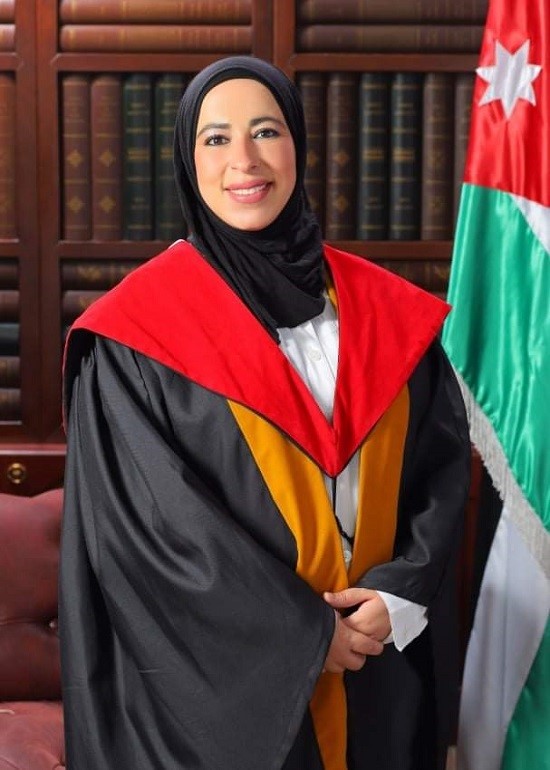Islam Jdou just graduated with a PhD in special education
from the University of Jordan, the first deaf person to ever attain such a
degree in the country, marking an important milestone for students with hearing
loss.
اضافة اعلان
Now she works for the
Greater Amman Municipality, in the
technology center for the deaf.
Jordan University has 52 students with different degrees of
hearing impairment enrolled at several faculties; interpreters and sign
language experts help them navigate the courses, according to Ghada Hamad,
director of Students Counseling Department at UJ.
According to Hamad, deaf students who do not master the
spoken language communicate through sign language, while students with
different degrees of hearing impairment rely on hearing aids. This in no way
affects their academic performance, she said.
Since students with hearing loss suffer from a language problem
as a result of their reliance on sign language, it is difficult for them to
enroll in Arabic or English majors. They usually prefer majors that do not
contain static linguistic texts; for example, sports, arts, IT, and educational
sciences, said Hamad.
The University of Jordan provides a package of services to
people with disabilities.
“When students enter the university for the first time, we
do orientation, familiarizing them with the university life, with what the most
important facilities, such as admission, financial, registration, restaurants,
colleges, halls are,” Hamad said.
The university offers students with special needs a special
discount on tuition fees: 90 percent for master and PhD degrees in the
competitive program and 75 percent in the parallel program, as per the laws of
the
Ministry of Higher Education, added Hamad.
 Islam Jdou
Islam Jdou
These students also benefit from services like early
registration for academic subjects and 50 percent more exam time “because we
know the interpreter needs time to translates during the exam”, Hamad said,
adding that interpreters help “during lectures, exams, and whenever they need
to be provided with a service by the university”.
According to Rania Ali, a sign language interpreter at the
University of Jordan, there are 10 interpreters at the university; some are
employed by the university, and others are hired through the
Higher Council for the Rights of Persons with Disabilities.
The council is the place for anyone with a disability to
turn to, as it provides interpreters, devices, and hearing aids, Ali said. It
provides interpreters to universities where there is not a large population of
deaf students; a request is submitted by students with hearing impairment, and
the council provides interpreters, according to Ali.
In specializations that require high
Tawjihi (general
secondary education certificate examination) scores, the Ministry of Higher
Education, in cooperation with the council, accepts students with a Tawjihi
score of 65 and up to enroll in universities.
Hanen Ali, one of the students with hearing loss who studies
at University of Jordan, said that the success rate of deaf students in Tawjihi
is very low because of the challenging curricula and the reliance on teachers
specialized in teaching deaf students, with no possibility of taking private
lessons.
The Higher Council for the Rights of Persons with
Disabilities has been asking for special curricula for the deaf, but so far
nothing has happened, as changing the syllabi requires long periods of time,
especially since there is a need for experts with hearing loss to help create
suitable curricula, Ali added.
“Tawjihi curricula are difficult for students with no
disabilities, so how are they for students with special needs?” said Jdou,
adding that she was able to reach where she is “because of my ambition and my
family and school support”.
According to Jdou, the percentage of people with hearing
disabilities applying for universities is increasing every semester because
deaf people encourage each other, and those in university motivate younger
students to pass the Tawjihi.
“People with disabilities face many societal challenges.
Everyone around me said that I would not be able to obtain a doctorate because
of my disability, but I succeeded and now everyone is proud of what I have
achieved,” Jdou said.
Read more Features



